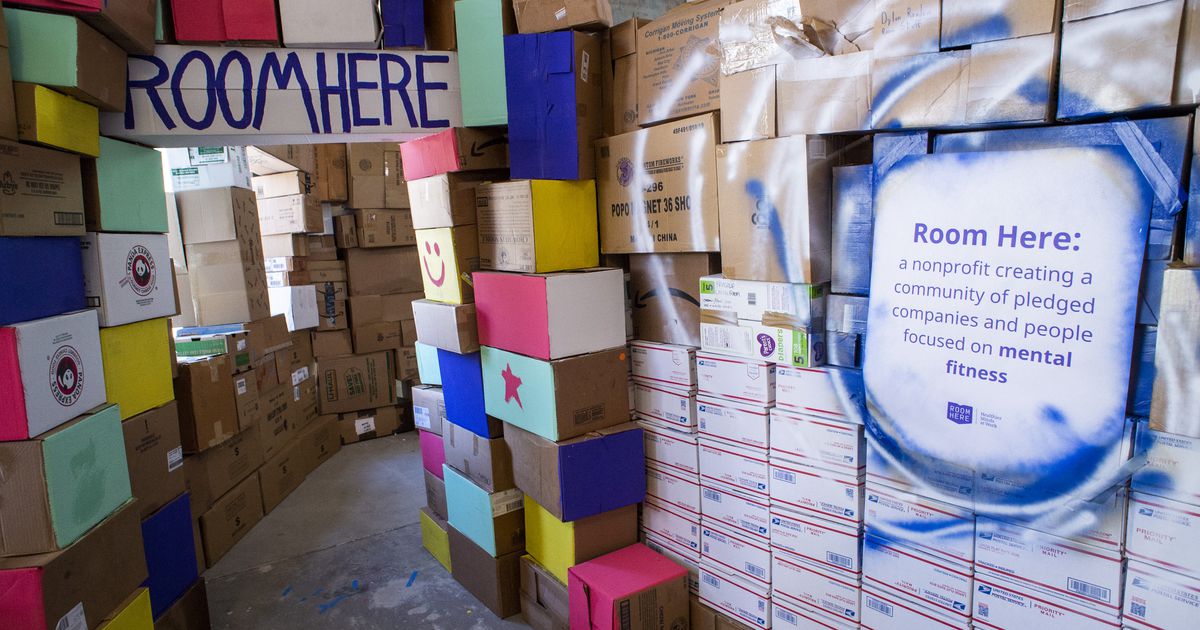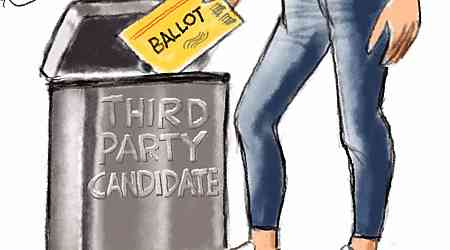Utah is cited as one of the top five worst states for mental health. While the conversation around mental health has commonly focused on school-based issues, LGTBQ+ youth and even adults following the COVID-19 pandemic, there continues to be a lack of concerted state-wide attention for one group: individuals with disabilities.
According to a report of publicly available state data, individuals with disabilities experience higher rates of depression than people without disabilities in Utah. In fact, among a list of 13 common chronic health conditions that included conditions like arthritis, heart disease and diabetes, depression was the second leading condition experienced by individuals with disabilities in Utah. Unfortunately, these results mirror what is known across the nation: Individuals with disabilities commonly experience mental health concerns like depression and anxiety, but often experience difficulties in accessing care.
It is true that Utah has made strides over the past five years in regards to mental health. Collaborations and partnerships that lead to organizations like the Huntsman Mental Health Institute can truly increase access to care for individuals who desperately need it. Legislation that expands who can provide care and provides funding to services that are desperately underfunded helps, too.
This alone, however, isn’t enough. We could increase service providers by nearly double and there still would not be an adequate amount of providers to meet the need. It is even more dire when considering that these services are commonly designed in ways that are inaccessible to individuals with disabilities, meaning they are often ineffective and directly harmful at worst.
As Utahns, we need to do more to directly support the mental health of individuals with disabilities. The Beehive State is built on helping each other and, in this vein, each of us can do more to make our communities more inclusive. So where can we start?
Have the conversation
First, we need to start by being open and honest with one another. Pain is real, it is a part of life and it isn’t going away. Much of the conversation surrounding mental health concerns seems to focus on an unattainable goal of eradicating these concerns. It is almost as if we were to just find the right pill, the right circumstance or the right solution, we could finally “solve the problem for good.” Don’t get me wrong — each of these things can help improve someone’s life — but pain will always find a way to come back. We would be better served if we learned to work with this pain, rather than making it the enemy.
function onSignUp() { const token = grecaptcha.getResponse(); if (!token) { alert("Please verify the reCAPTCHA!"); } else { axios .post( "https://8c0ug47jei.execute-api.us-east-1.amazonaws.com/dev/newsletter/checkCaptcha", { token, env: "PROD", } ) .then(({ data: { message } }) => { console.log(message); if (message === "Human


























